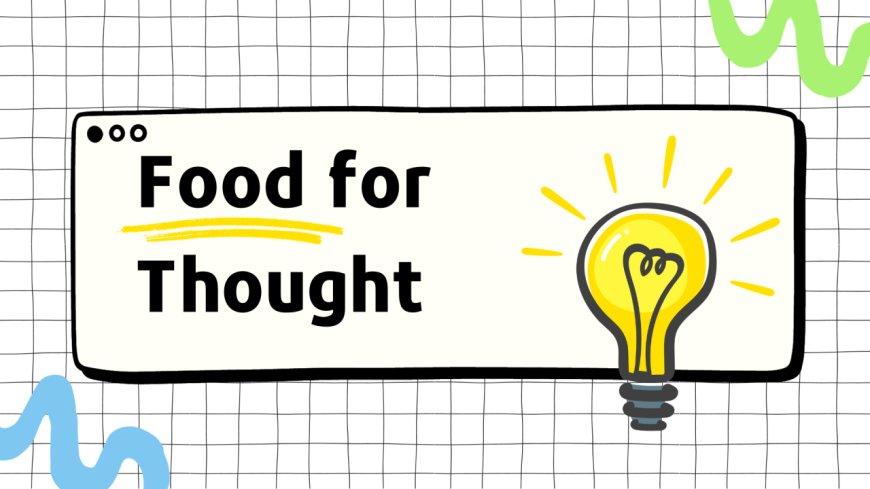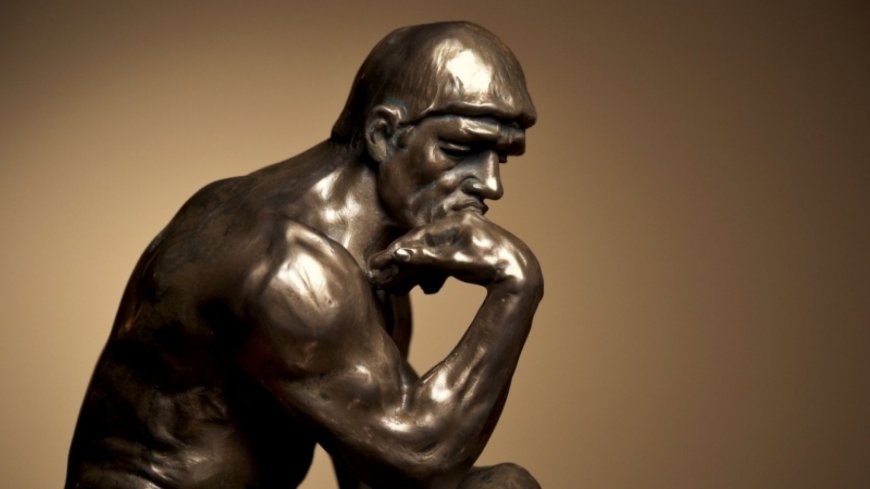The ‘Invisibility Cloak’ That Stifles Us All
This article explores how anti-immigrant sentiment acts as an "invisibility cloak," stifling societal growth and connection. Through engaging anecdotes and examples, it argues that immigrants are often unseen contributors to communities, strengthening economies and enriching cultures. The call to action highlights the importance of dialogue, understanding, and celebrating diversity.

Imagine strolling through a bustling market, your senses overwhelmed by vibrant colors, enticing aromas, and laughter echoing from every corner. But wait! As you try to engage with this beautiful chaos, you realize that the people around you seem to wear an "invisibility cloak." Conversations become stilted, eye contact is scarce, and the rich diversity that makes the market alive appears to fade into the background. This metaphor of the invisibility cloak is not just about individual experiences; it reflects a greater societal malaise—anti-immigrant sentiment that cloaks our communities in division and misunderstanding.
In many corners of the world, anti-immigrant rhetoric dominates headlines and sentiment. Too often, immigrants are depicted as outsiders who threaten "our way of life." By donning this coat of invisibility, we blind ourselves to the contributions they make to our societies, economies, and cultural landscapes. It is a cloak we must shed if we wish to experience the richness of shared existence.
Consider this: cities historically defined by their immigrant populations, like New York, London, and Nairobi, have always thrived on diversity. Yet, some communities shrink away from embracing this multiculturalism, focusing instead on the myths that immigrants carry crime or steal jobs. If only they could see the invisible cloak for what it truly is—an unnecessary veil that stifles opportunities for growth and connection.

Let’s uplift the narrative by sharing a story from a fictional town that decided to banish immigrants. They thought they could self-sustain, producing their own food, fixing their own cars, and even raising their kids alone. However, the comedic irony soon glimmered through their invisibility cloaks. The town's mayor, filled with bravado, hosted a town meeting to share how they would no longer rely on "outsiders." Yet by the end of the evening, two critical problems emerged: the town's favorite bakery had closed because no one remained who could knead dough, and every vehicle was now stuck, as finding a mechanic who could actually fix things had become a wild goose chase.
This fictional saga magnifies a real-world truth: immigrants are often the unseen heroes of a community. They possess skills that allow them to fill gaps, perform essential tasks, and bolster local economies. A study by the Organization for Economic Co-operation and Development (OECD) shows that immigrants add significant value, driving growth in various sectors, particularly where labor shortages often hit hardest.
In sectors like agriculture, construction, and healthcare, immigrants fill roles that are critical yet often unglamorous. Have you ever noticed how the fruits and vegetables you cherish during harvest season are often picked by migrant laborers? With the invisibility cloak dropped, one can see these workers not as threats but as partners in sustaining local ecosystems—ensuring that the community enjoys the bounty of variety and flavor.
Moreover, there is a richness to cultural exchange that cannot be quantified. When we embrace diversity, we experience new foods, traditions, and perspectives.
A notable anecdote comes from Nairobi, where a local chef invited several immigrant chefs from various countries for a “Culinary Fusion Night.” The result? A delightful mélange of flavors—Nairobi's beloved ugali shared the plate with spicy samosas from India and creamy risotto from Italy. In an instant, the community found themselves connected through tastes that transcended borders, breaking down the barriers that anti-immigrant sentiment had erected.
Yet, the challenge remains. How do we remove the invisibility cloak we’ve draped over our societies? Dialogue must replace derogatory rhetoric. Education is key; we need to teach our communities about the contributions of immigrants—how they innovate, employ locals, pay taxes, and enrich cultural narratives.
As we navigate these complex societal dynamics, it is essential to remember that an open heart and a willingness to engage are our most potent tools. Much like a magician revealing the secrets behind their tricks, we must unveil the truth about immigrants—they are not the problem; they are part of the solution.
In conclusion, let’s work together to take off the invisibility cloak that stifles our societies. Embrace curiosity over suspicion, connection over division, and celebration over exclusion. Together, we can build a tapestry rich in color, flavor, and harmony—a powerful force against the silence that threatens to envelop us all.
What's Your Reaction?















































































































